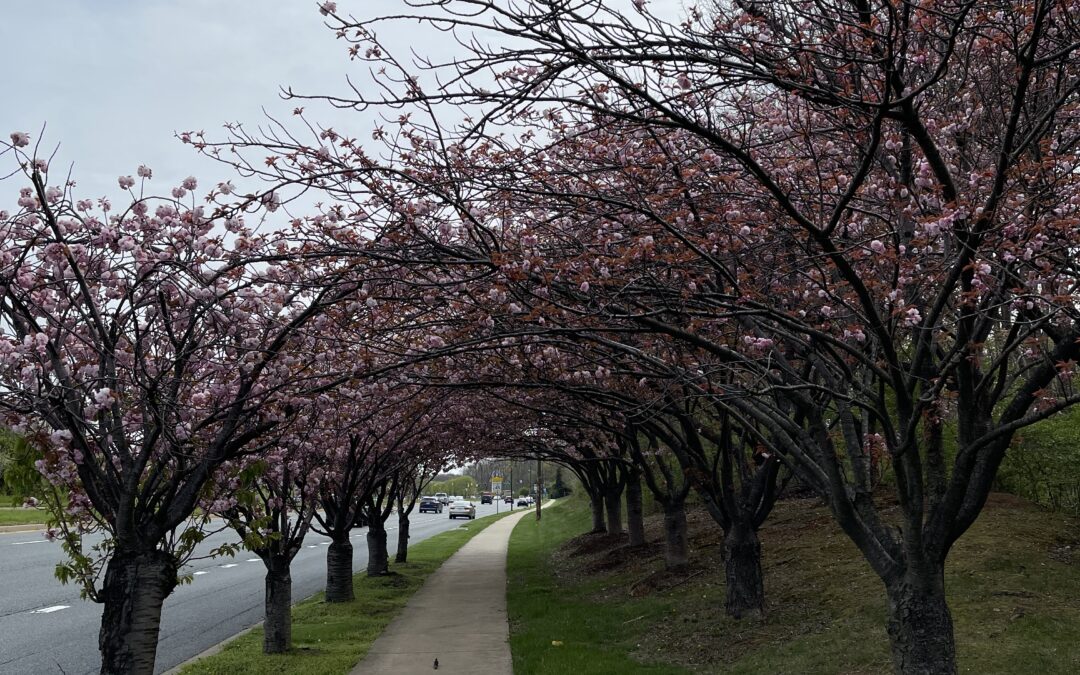Over a year ago, I started creating a series of public service announcements about grief. Specifically these are concepts to consider when foraging our own healing path. The intention behind the PSA Series is to provide some basic tools to help you navigate your new normal, while also providing insights for folks who have never had to grieve (yet) so they can more effectively show up for us when we are grieving. They are pearls of wisdom that I hope can help others even if in the smallest way.
Today, I will conclude the series by sharing the tenth of these PSAs which is that “Grief is not a problem to be solved.” But first here is a re-cap of the nine we have already reviewed:
- Time does not heal all wounds (3/22/21)
- When you lose someone, it never goes away (4/3/21)
- The experience of grief can be welcomed, without welcoming the loss itself (5/5/21)
- There is no “right” thing to say (7/16/21)
- Some of us want to talk about it (8/21/21)
- Honor/Learn these important dates (9/28/21)
- Holidays suck (11/18/21)
- There is no path to healing but the one we build for ourselves (1/24/22)
- We made the best decisions we could with the information we had at the time (3/8/22)
From the moment I had a miscarriage in 1994, and from the moment Alexis died in 1997, and from the moment Emmanuel died in 2002, there was this heavy intense pressure to move on. The healing equation was pretty simple and it was taught to me in direct, and indirect ways by my culture.
“Grief” = bad. “Moving on” = good. But this equation is nonsense. I have mentioned in many posts, the life-changing statement I heard from Glennon Doyle in 2020: “Pain is the receipt we have for loving, why would we want to give that away?”
When we are grieving, we learn the “golden” rule quickly: Grief is something to be fixed, and the faster we “move on” the better. This isn’t uniquely my experience, but nearly everyone I speak with about grief understands this “gold standard” rule about death, that grief is a problem to be solved.
When I heard Glennon’s words, they washed over me like a tidal wave. It was the first time I’d heard anyone intimate that grieving wasn’t a process to be concluded, but rather a permanent part of us that should be honored, welcomed, and integrated.
After more than two decades of working so hard to “move on” I had this ah-ha moment, which led me to realizing how loving, rather than resisting, this approach to my grief could be. Instead of running, numbing, suffering in isolation and regret, I could open the curtains and let it all be here.
It was overwhelming at first, to let grief have a place at my table. I’d resisted, ignored, muffled, denied, shunned, shamed, disrespected, resented and stomped my grief down so deeply, that when I changed my approach, and welcomed it, there was so much pain. It was as if 20 years of despair rolled over me all at once. Architecting the best way to make this transition is best left for another chat altogether. But for the purpose of this PSA, the message is that we can stop working so hard to hide, and let grief be as much a part of us as our lost loved one(s).
This is a revolutionary concept, if like me, you have been trying to solve your grief problem since the funeral of a loved one. Grief is not a problem to be solved. It is not “bad.” And moving on is not “good.” Unless we do so with integrity (literally bringing all things together as one) as we are allowing our grief to take its earned place in our lives.
I am not suggesting we should have a party because it feels so “good” to allow grief a place to exist. It doesn’t. And as, mentioned if you have never been introduced to this concept that grief is not a problem to be solved, it can be extremely painful and debilitating even, to allow the grief flood gates to open. At a minimum this is not a shift anyone should make without trusted support like a close friend, family member or therapist.
But as with all good floods, they can’t sustain themselves. The grief pours in at an indigestible rate, and maybe tips our lives upside down even. But after the flood, just a steady stream of grief can quietly take its place in our lives, and as long as we let the current flow, the dam does not back up again.
If you are grieving, or supporting someone who is, try meditating on this concept before doing anything with it. The transition from “grief is bad” to “grief is welcome” is part of foraging our healing path. We don’t make the switch overnight. But just knowing its possible is an invitation worth responding to.

